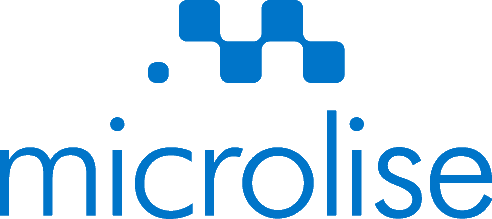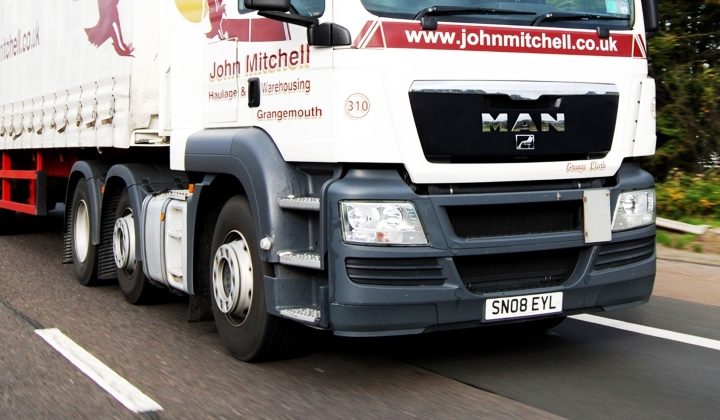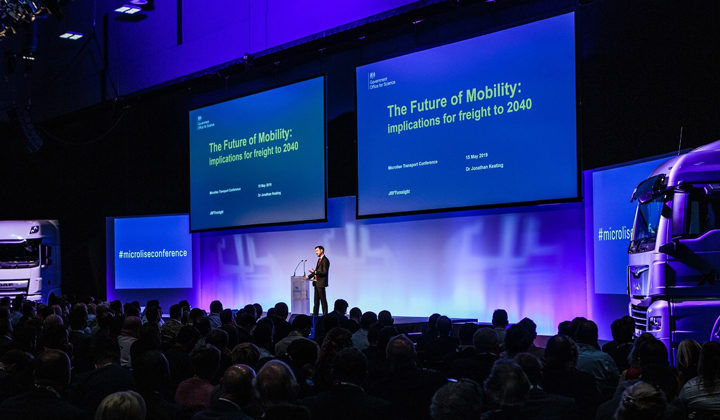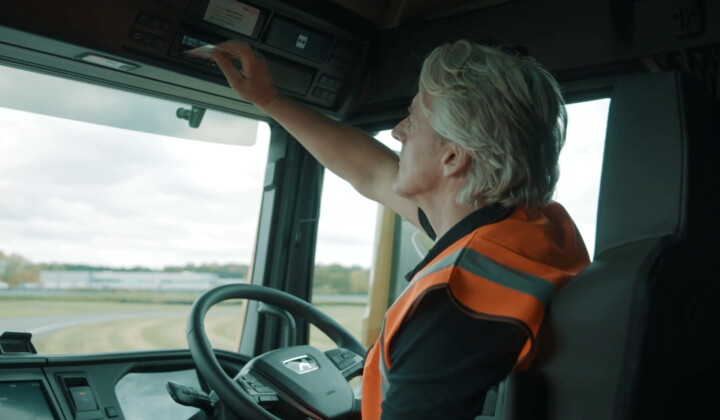Paul Nunn, Marketing Manager will deliver his expert view at 7:50am in the Innovation Zone at the Microlise Transport Conference at the Ricoh Arena on 15th May 2019…
SEALING THE FUTURE OF THE SUPPLY CHAIN…
The integrity of the goods we transport has never been under greater scrutiny. Historically, the requirement for high security road transport operations, with comprehensive audit trails was predominantly reserved for high risk products such as tobacco or stringently regulated sectors such as pharmaceuticals.
However, there is now more focus on applying the same best practice principals to the wider logistics industry; driven by regulatory requirements and evolving expectations that demand goods are accounted for throughout their entire journey, specifically when at their most vulnerable, during transportation. Furthermore, the latest standards released by the British Retail Consortium (BRC) for Storage and Distribution, places greater emphasis on vehicle and load security by specifically addressing the use of locks and seals.
The threats to goods in transit are evolving too, it is not just the aforementioned high-risk loads that are vulnerable to theft; statistics show that the classification of goods being targeted is hugely varied, organised criminal gangs (OCG’s) are increasingly targeting lower value cargo that may be easier to move on and more difficult to trace.
Equally, protecting cargo against load infiltration has come under greater scrutiny after the Calais crisis exposed how easy it can be to gain undetected entry to commercial vehicles if not correctly secured; not to mention the rather more taboo threat of terrorist activity.
In short, are the measures you have in place to protect your cargo sufficient? Are they effective? And perhaps even more pertinently, are they still relevant?
DIGITALISATION OF SEALING
Commercial vehicle security specialist, Maple have been leading the fight against cargo crime since 1974. Whilst the basic principles of logistics hasn’t changed much over that 45-year period, the technology available most certainly has. In an age where we are used to being digitally connected at all times, why should our cargo be any different?
It is not as though the logistics industry is guilty of standing still, there are countless examples of where new technologies have been embraced to drive business improvement and so to we are seeing the industry evolve to adopt emerging technologies to future proof their business. Yet paradoxically, it has remained common place for many operators to rely on out-dated, almost archaic load integrity practices, which are open to misuse and abuse.
Sealing cables and single use plastic seals fail to deliver on a number of levels; they are easy to manipulate (proven by a quick search of the internet), provide no physical protection and offer nothing more than a one-dimensional view of load status, they also directly conflict with environmental policies to reduce single use plastic.
This situation is now beginning to change. Increasingly, logistics professionals are switching to modern alternatives that automatically lock and digitally seal cargo areas. Solutions, such as those offered by Maple, remove the risk of misuse or abuse by enforcing correct procedures.
DATA IS KING
If the physicality of a digital seal combats many of the vulnerabilities faced by traditional sealing methods, it is the ability to eradicate ambiguity that really provides innovation. Comprehensive audit trails that record door events, seal numbers and individual accountability can all be captured with Maple’s FreightLock IQ and Integritas applications and then freely distributed to relevant parts of the business.
Such systems can also unlock efficiency savings and contribute to a lean thinking organisations objectives. GateHouse integration facilitates the reading of an approaching vehicles’ seal number to enable verification of load and seal status without the need for manual checks. Vehicle processing times can consequently be slashed, which in turn eliminates gatehouse queues, reduces idling and driverdown time and improves fuel efficiency.
So, are your cargo security and integrity processes still sufficient…and are they still relevant?





